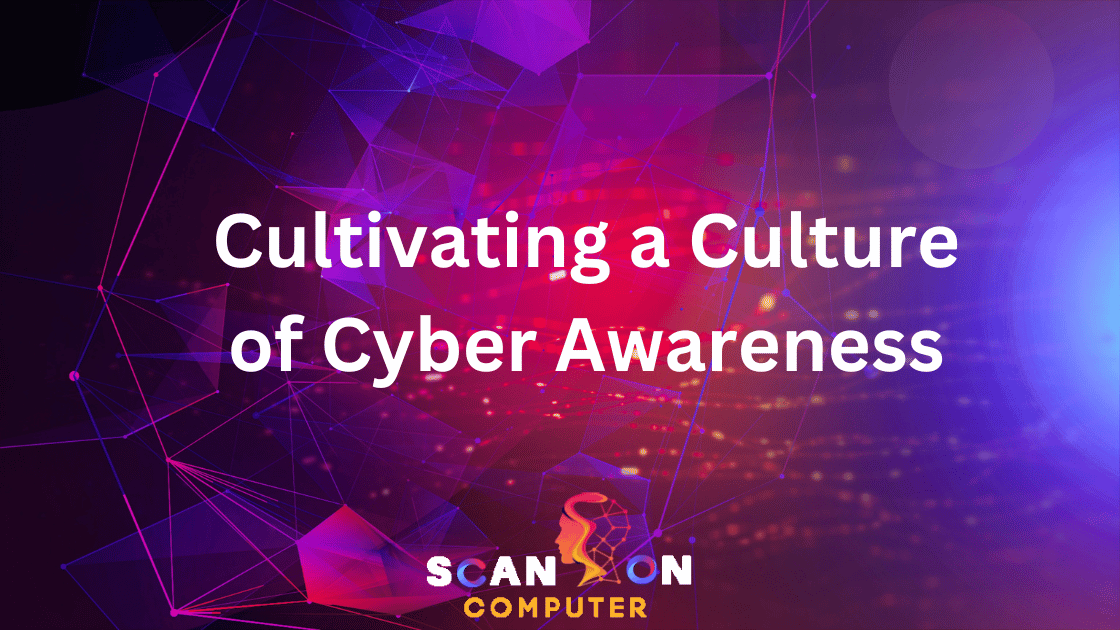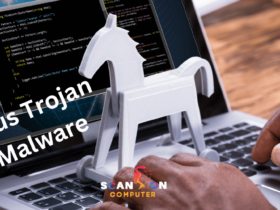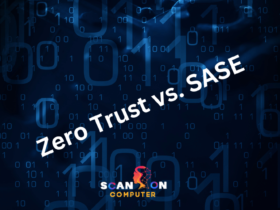Nurturing a culture of cyber awareness is crucial to protecting your business against cybercrime. With data breaches occurring at an increasing rate, it’s vital that companies prioritize cybersecurity measures within their company.
What does “spillage” refer to in cyber awareness? Classified information that has been improperly classified may “spill over” into unclassified systems or onto those not approved for handling classified information, leading to their dissemination without authorization.
Definition
Spillage refers to the unintentional or deliberate disclosure of confidential information that should remain hidden, also known as a cyber security breach and posing a serious risk to national security. Spillage can be caused by malware and social engineering as well as poor staff training; hence it’s vital for staff training staff on cyber awareness practices and understanding the risks.
Cybersecurity awareness refers to practices designed to protect sensitive information from hackers and unauthorized users, such as training on potential threats faced by both organizations and individuals, and ways they can be prevented. The ultimate aim is for organizations to protect both their sensitive data as well as customers’ privacy by increasing cybersecurity awareness among their staff and customers alike.
Cyber Awareness in the military refers to a soldier’s knowledge and abilities necessary to use and defend against cyber attacks. It’s an essential skill, given that cyber threats are ever present; in addition to training programs, military forces also employ various tools such as firewalls, virus scanners and intrusion detection systems in order to detect any possible cyber-attacks; data leakage being the most frequent form.
Avoiding data spillage requires multiple strategies, including labeling all files and removable media correctly with classification markings, following procedures for data transfer between agencies and networks, and keeping information stored safely within GSA-approved vaults or containers when not being utilized.
Employees should take part in a cybersecurity awareness quiz to make sure they comprehend the significance and methods for protecting sensitive data, which could prevent cyber attacks that have potentially devastating repercussions for their country. Topics included in such quiz include how to prevent data breaches from occurring, what constitutes cybersecurity breaches and recognizing phishing emails.
Causes
Cybersecurity is essential to protecting an organization’s online presence, yet even secure networks may still be susceptible to attacks and breaches that compromise confidential data and cause financial losses. One particularly damaging type of cyber-attack known as “spillage” involves the unintentional release of sensitive information – either deliberately or through human error – without authorization – this threat to cyber security can have lasting repercussions for both their reputation and finances.
Spillage occurs for various reasons, often as a result of human error – this could range from employees sending the wrong email recipient or accidentally uploading files to public platforms to misconfiguration, with systems and storage devices not properly set up to prevent unintended access or exposure of sensitive information. Finally, malicious activity such as malware attacks or hacker attacks gaining unauthorized entry to networks to steal classified data are also causes.
Human error often contributes to spillages, but their consequences are often serious for businesses. Financial losses, regulatory fines and damaged reputation are just some of the potential outcomes. Spillage may also disrupt operations when hackers gain access to company servers or files and expose them to the public.
Cyber attacks have the power to rapidly spread, as shown by WannaCry and NotPetya outbreaks in 2017. Therefore, organizations should invest in strong authentication methods and encryption strategies as well as training their employees in cybersecurity awareness in order to reduce cyberattacks and data leakage risks.
As part of any effective cybersecurity plan, it’s vital to implement a backup system such as a cloud server to protect against data loss. Furthermore, using strong passwords and keeping software patches current are both key steps towards protecting sensitive information from being exploited by hackers attempting to gain unauthorized entry via vulnerabilities in an organization’s systems. Developing and training employees how to spot phishing attacks and implement password policies are effective ways of helping safeguard against cyber-attacks or data leakage.
Consequences
One of the main effects of cyber awareness leakage is identity theft and financial loss, as hackers gain access to company servers and steal sensitive information. Furthermore, data leakage can cause operational disruptions for a company; for example if someone gain access to classified information they could use it against them to disrupt operations and damage reputations of companies.
To minimize risks associated with spillage, cybersecurity professionals must take multiple steps to secure themselves and their organizations. They should educate employees in security protocols and encourage them to follow them; ensure all communications are encrypted; store passwords safely; monitor user activity regularly and back up data regularly – this will help avoid data breaches while mitigating their effects when they occur.
As another method to reduce spillage, label all files, media and subject headers with appropriate classification markings. This will enable employees to quickly recognize which information should remain classified while also helping protect sensitive material from being revealed to unintended persons or systems by accident.
Final thought, it is essential to keep in mind that not all breaches must be intentional. For example, an employee could unwittingly download malware by opening emails from unknown senders or clicking links they don’t recognize, while breaches may also happen due to misconfiguration or an unpatched vulnerability.
Spillage can have more serious repercussions than just financial and regulatory penalties; it can damage a company’s reputation, increase customer churn and expose it to litigation or penalties. Therefore, investing in cybersecurity measures and staying current on threats is imperative.
Prevention
As data breaches become an ever-more-common threat to businesses, it’s critical they take every precaution possible to secure themselves. One such measure is spillage cyber security – helping prevent sensitive information from being leaked out into the open. Several methods exist for combatting leakage; such as investing in comprehensive cybersecurity training and encrypting all files. Furthermore, employees should receive instruction regarding safe data handling practices as well as ways to spot phishing attacks.
Spillage occurs when confidential information leaks out from one level of protection to another, potentially with serious repercussions that range from national security damage to trust erosion within society and business operations being harmed resulting in financial losses and an eroded reputation.
Human error is the main source of data leakage. People may unintentionally expose confidential data or be tricked into doing so by malicious hackers; people could also try and profit from selling leaked information on to third parties; training employees about safe data handling can create a culture of trust within your workplace environment.
Avoiding data breaches requires several measures, such as having robust cybersecurity solutions in place and building an atmosphere of trust. Regular audits and tests help uncover any vulnerabilities before they lead to breaches. In addition, having a plan in place for reacting quickly in the event of one should help minimize its severity as quickly as possible.
Assuring all third-party vendors adhere to similar security standards is also key; any weak spots in their systems could provide entryways into an organization’s network, leading to leakage of sensitive information.
Physical security measures must also be implemented. This includes keeping all devices stored safely away, using two-factor authentication when accessing networks, and encrypting files stored externally. When traveling abroad it’s a good idea to be wary of classified information when entering or leaving secured facilities.













